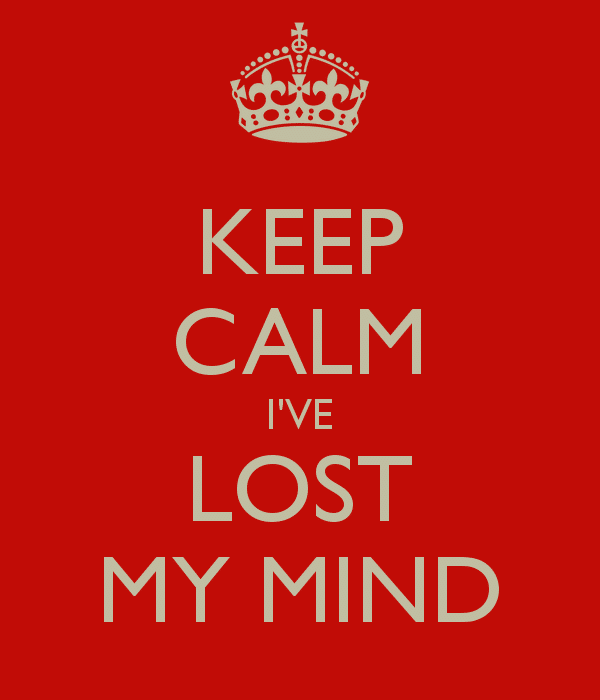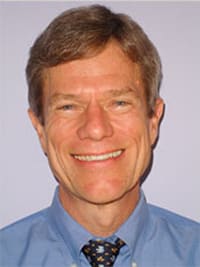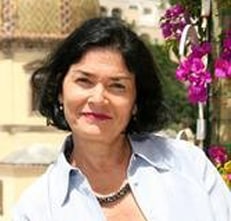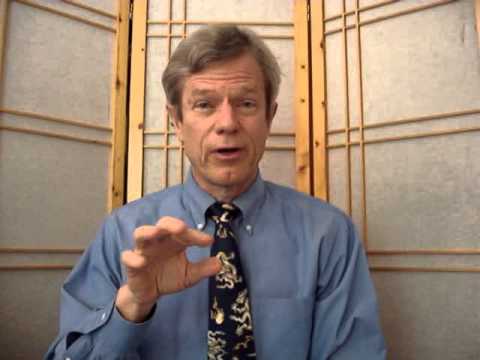
If you go to the hospital you may lose your mind!
If you go to the hospital you may lose your mind!
Have you ever seen anyone you love lose his or her mind within a matter of hours? Even if they recover from the dark side you don’t ever want to see it happen again. And, that dark side can reappear at any time. Trust me.
I just learned about hospital delirium. When a patient is in the hospital they can develop a cluster of serious psychiatric symptoms that represent acute brain failure. It happened to my mother this week. The hospital is very aware of it, although they actually do little to prevent it.
An estimated 7 million Americans experience delirium at the hospital every year. It is estimated that a weeklong stay at the hospital can cause hospital delirium in 30% of patents. Over 70 years of age it can be up to 60 -80% of patients.
The chance of a patient’s death 30 days after the hospital stay doubles if this occurs. Acute brain failure! Your chance of developing full blown Alzheimer’s disease over the next 5 years goes up as well. Until recently, hospital-acquired delirium was chalked up to old age and not considered a condition to be prevented or treated.
Delirium also is one of the most costly complications of a trip to the hospital. It leads to longer stays — up to 10 days longer. This can cost each elderly patient an extra $60,000 to $64,000 per hospital stay.
My mother thought she was losing her mind. She couldn’t understand why she was having the thoughts she was having. It was so debilitating, she just wanted to die.
The doctors told me this was probably happening but they never said what to do. Then I changed what little I had control over. I brought in pictures of her life and plastered the walls with it. I brought in the books she had written and her favorite movies. Unfortunately, the constant change in personnel, lack of pain control, dehydration and over monitoring trumps everything.
The patient can become paranoid, confused, depressed, lose their memory, become highly resistant, have hallucinations, be disoriented, decide they will not get better, or decide to die.
While this can be brought on by infections, dehydration, and medication, environmental and treatment routines are the main stressors.
Major contributors:
Sensory deprivation: A patient being put in a room that often has no windows, and is away from family, friends, and all that is familiar and comforting.
Sleep disturbance and deprivation: The constant disturbance and noise with the hospital staff coming at all hours to check vital signs, give medications, taking blood, and turning the patient every two hours. The constant change in nursing or medical staff can be disorienting.
Continuous light levels: Continuous disruption of the normal biorhythms with lights on continually (no reference to day or night).
Stress: Patients feel total loss of control over their life. Many times the medical personnel do not ask permission and get angry when the patient is not agreeable. In teaching hospitals in particular, medical tests can be excessive and unnecessary.
Lack of orientation: A patient’s loss of time and date.
Pain: When pain is not controlled, people physically heal slower and can cause great mental anxiety.
What you can do:
- Get the patient moving at least three times a day. Sit up, and then walk to the bathroom or down the hall.
- Bring what the patient needs to see, hear, eat and stay oriented: glasses, hearing aids, dentures and favorite foods from home, movies, books, and photos. Remind patients of who they are in normal times, bring along familiar objects from home.
- Stay close by, and take notes, to be able to explain to the patient in simple terms what’s going on. Hospitals are confusing places.
- Engage in cognitive training: Brain-stimulating activities, like video games, Scrabble, cards or crosswords, for 60 minutes a day improve the ability to handle everyday tasks, like balancing a checkbook or organizing a family reunion.
I am learning the hard way. You need to be informed before stepping into a hospital or you may be unhappily surprised what comes out.






